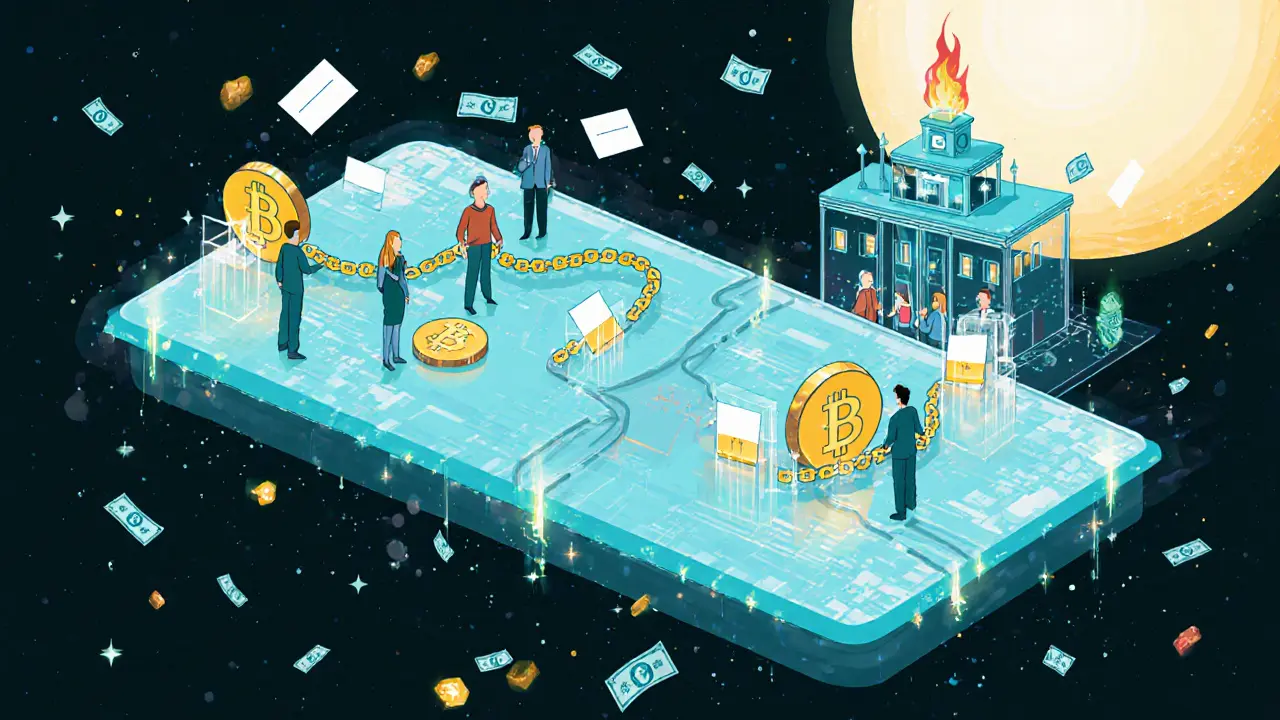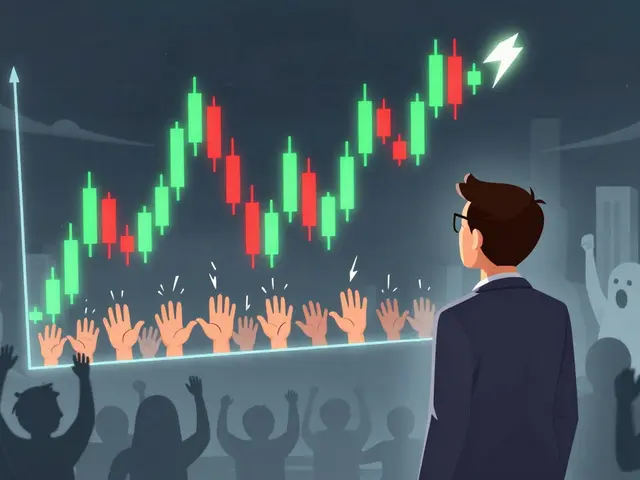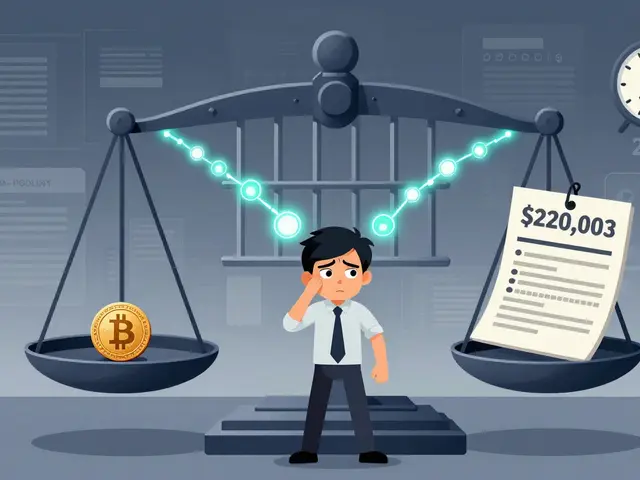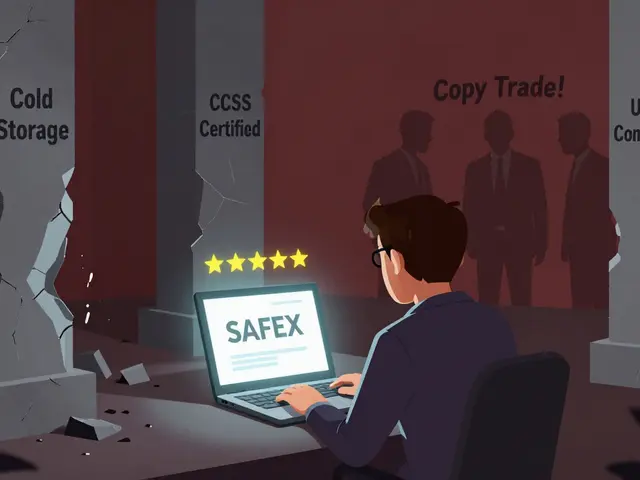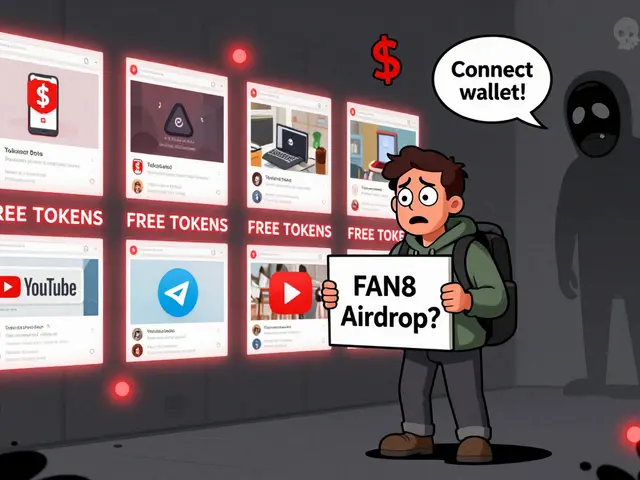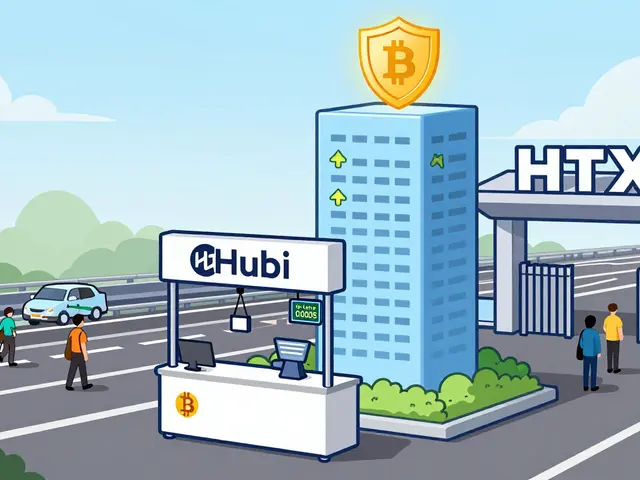DAO Voting: How Decentralized Governance Works and Why It Matters
When you hold tokens in a DAO, a decentralized autonomous organization that runs on blockchain rules without central leaders. Also known as on-chain governance, it lets people vote directly on changes—from funding proposals to code updates—using their tokens as voting power. This isn’t theory. It’s how projects like Uniswap, Aave, and Compound actually make decisions. No CEO. No boardroom. Just code and community.
DAO voting isn’t just about casting a ballot. It’s about blockchain governance, the system that replaces traditional corporate control with transparent, tamper-proof decision-making. Each vote is recorded on the blockchain, so everyone can see who voted, how, and when. This creates accountability—but also exposes flaws. Some DAOs let big holders dominate votes, turning democracy into plutocracy. Others have low turnout, making small groups control everything. And if the voting smart contract has a bug? That’s not a glitch—it’s a $50 million loss.
Real DAOs don’t just vote on tech upgrades. They vote on who gets paid, what partnerships to pursue, and even how to respond to hacks. The crypto voting, the process where token owners propose and approve changes using digital ballots is messy, slow, and sometimes broken. But it’s also the only way to truly own your digital economy. When a DAO votes to freeze a wallet after a hack, or to shift funds to a new development team, it’s not a company making a move—it’s thousands of strangers agreeing on what’s right.
You’ll find posts here that break down how DAO voting actually works behind the scenes, what happens when votes go wrong, and why some projects succeed while others collapse under their own democracy. You’ll see real examples of voting power imbalance, voter apathy, and how tools like snapshot voting try to fix it. Some posts expose fake DAOs that look like governance but are just scams. Others show how small holders can still make a difference—even with one token. This isn’t about hype. It’s about understanding who really controls the future of crypto—and how you can be part of that control.

